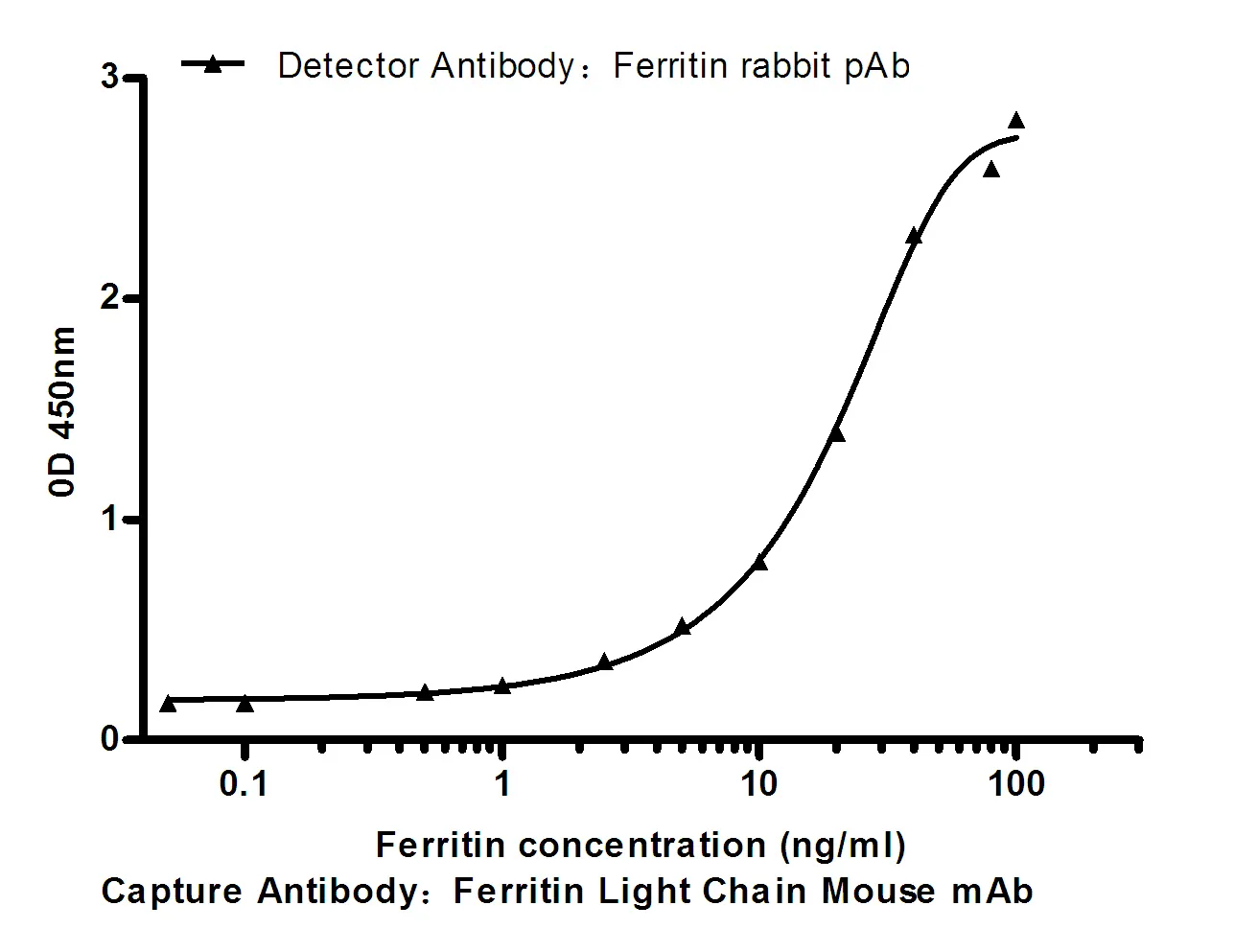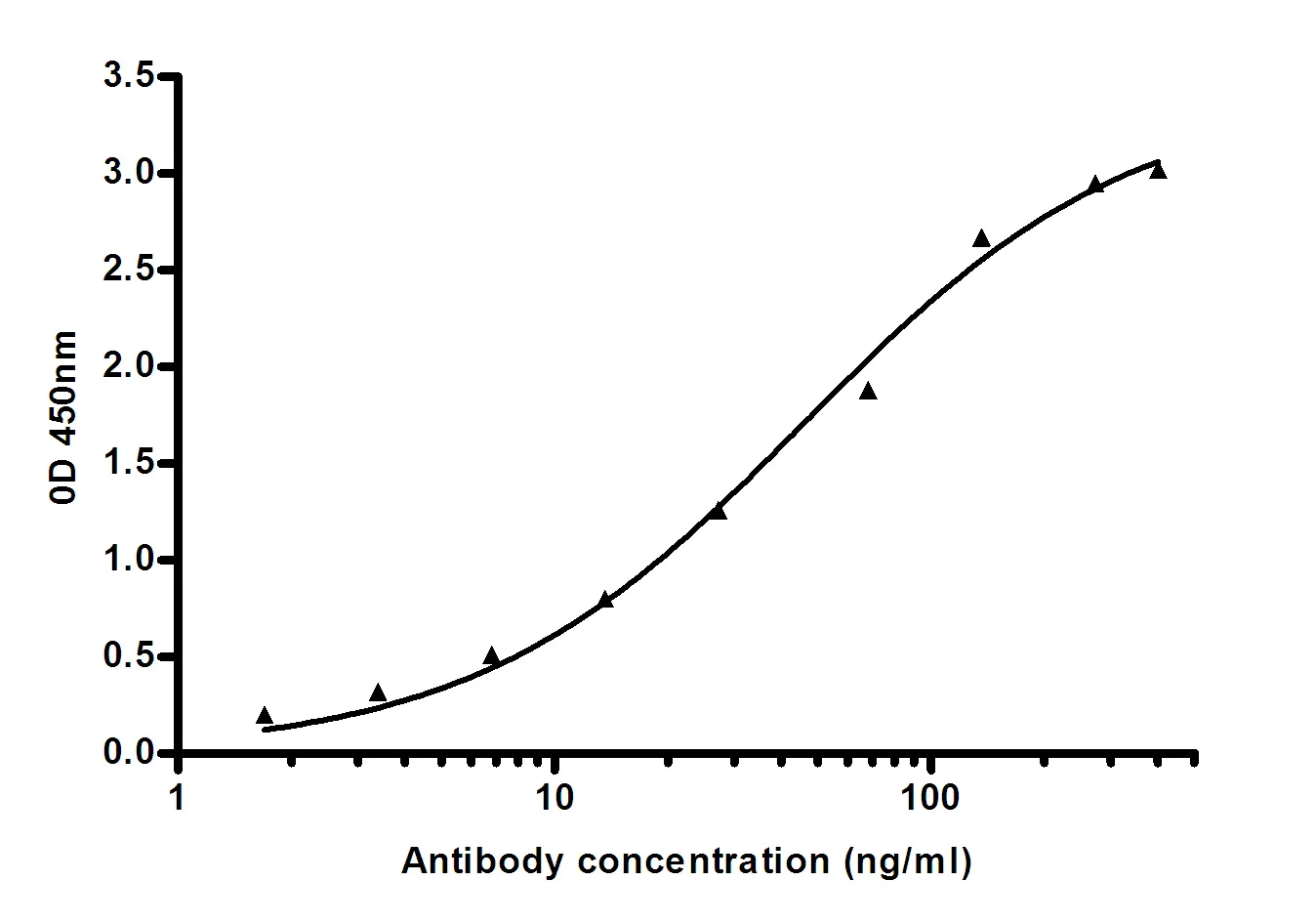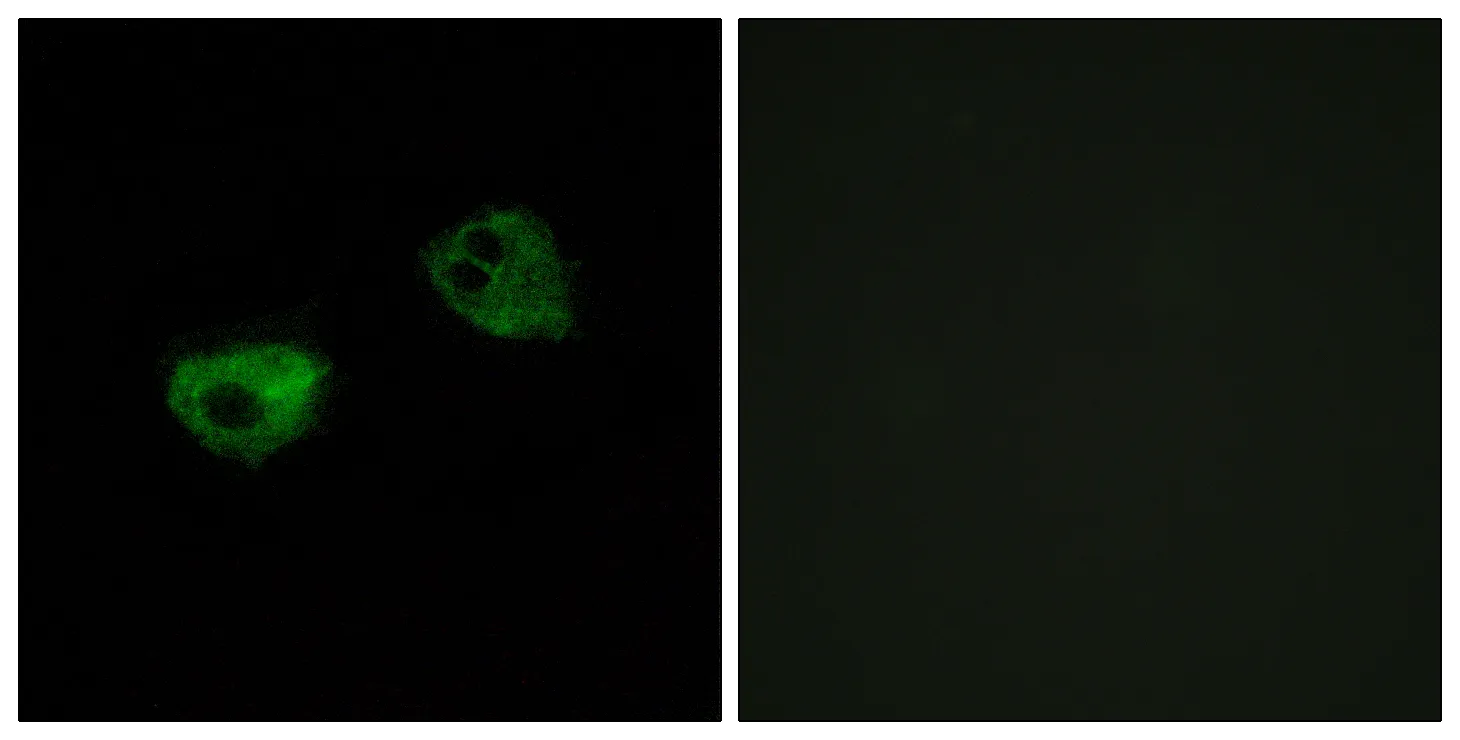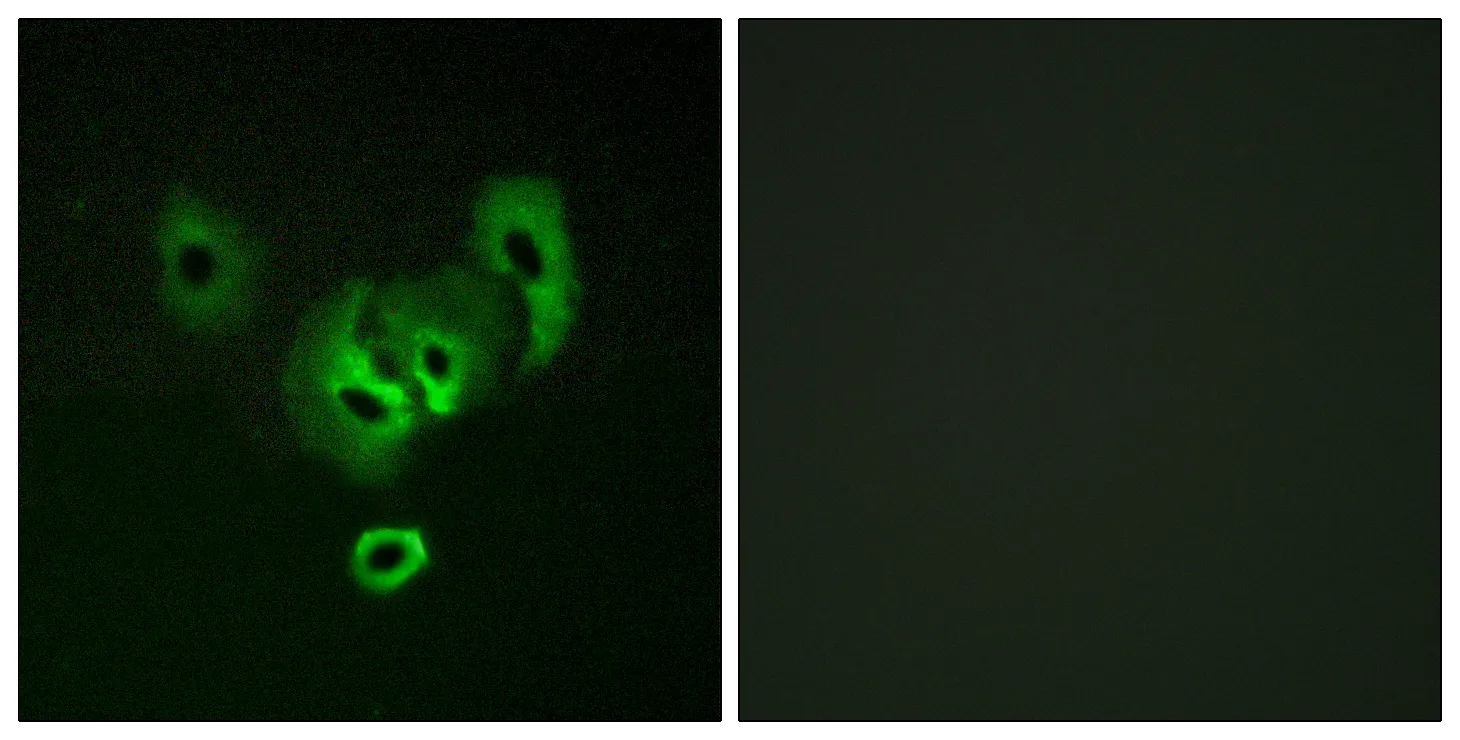Summary
Performance
Immunogen
Application
Background
The protein encoded by this gene is a cytokine that shares sequence similarity with IL17. This cytokine is expressed by activated T cells, and has been shown to stimulate the production of several other cytokines, including IL6, IL8, and CSF2/GM_CSF. This cytokine is also found to inhibit the angiogenesis of endothelial cells and induce endothelial cells to produce IL2, TGFB1/TGFB, and monocyte chemoattractant protein-1. [provided by RefSeq, Jul 2008],function:Stimulates the production of other cytokines such as IL-6, IL-8 and granulocyte colony-stimulating factor, and can regulate cartilage matrix turnover. Stimulates PBMC and T-cell proliferation. Inhibits angiogenesis.,online information:Interleukin-17 entry,similarity:Belongs to the IL-17 family.,subunit:Homodimer; disulfide-linked.,tissue specificity:Expressed in activated, but not resting, CD4+ T-cells and activated monocytes.,
Research Area




